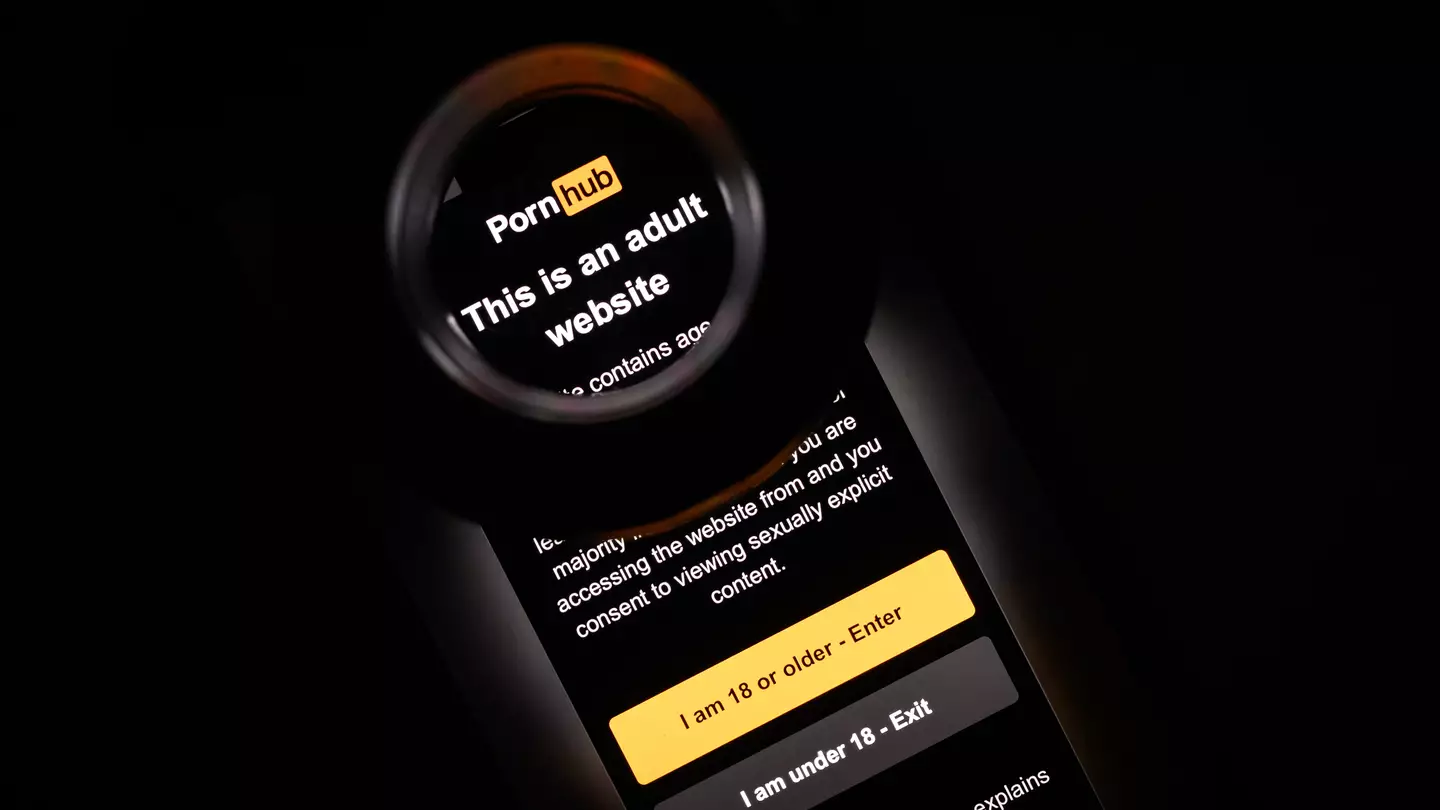
Today (25 July), the Online Safety Act has come into effect, and many Brits will already have come into contact with the ways it'll affect their internet activities.
The crackdown is being framed as a way to better protect children on the internet from 'harmful content', most often porn, and one of the main things sites will have to do is require Brits to verify their age.
It's not just porn sites that are having to do this, however, as many other popular internet sites have also agreed to verification for people wanting to access certain things that could be classed as 'harmful', meaning that you'll have to show them something which proves you're over 18.
Various social media sites, including Reddit, X, and Bluesky, are covered by the act, as are chat and messaging platforms such as Discord, as well as various dating apps.
Advert
Companies found to be breaking the new rules could find themselves slapped with a fine of up to £18 million or 10 percent of their global revenue, so it's no surprise that Brits are starting to see popups asking them to verify their age.

Andrew Wailes, founder and CEO of digital identity platform PlaySafe ID, spoke to LADbible about some of the impacts these new laws will have which Brits might not have expected.
He said it was 'very clear that when the legislation was first written they had porn in mind', but it has since 'evolved much beyond that'.
Indeed, there are many other sites and services which have been affected by these new laws and Wailes explained that group chats were really coming under scrutiny since potentially harmful content could be sent through them.
The PlaySafe ID boss said that 'user-to-user communication' had been highlighted by Ofcom as a potential problem, and one which would extend to online video games as well as websites.
He said: "Direct messaging, group chat, voice chat. These are the high risk areas where, within the world of video games, a child might encounter harmful content."
On top of the group chats being more heavily regulated, he added that some places might simply turn off the services they'd be liable for when it comes to users in the UK.

If a site or a game has to comply with the new laws because they have a chat function, then that function could just go for Brits.
Wailes said: "There's a gaming company that I spoke to. If they don't have functionality that's deemed as terms of risk for user to user internet services, so if they don't have direct messaging, group messaging or voice chat, then that means that they don't have to deploy highly effective age assurance.
"If users can't communicate and share content with each other, they're out of scope, so one of their things is, we're just going to disable the ability for users in the UK to talk to each other."
Wailes suggested that it would be 'easier to turn it off' and expect British gamers to speak over Discord, as he said that as 'a big, reputable company' would be more likely for people to verify themselves on it.
One of the most popular sites Brits might not have been expecting to be affected is Wikipedia.

Wikimedia Foundation spokesperson Rupert Paines told the UK's High Court that Wikipedia would either have to 'impose verification on users who do not want it' or impose limits on British users.
Wailes told LADbible that since Wikipedia has over 'seven million monthly active users in the UK', that puts them in 'category one' for the new laws, meaning they have to do age verification unless they no longer have this status.
"They're going to be regulated to the same degree as Pornhub and stuff like that," Wailes explained, saying that Wikipedia's solution was to rate limit Brits using the site so only so many people could use it in a month.
"So their solution, and I completely get why they're doing this, and I think it's really interesting, they're going to rate limit to 6,999,999 users a month in the UK."
.jpg)
Wailes said he didn't know how Wikipedia would do it but put it down as 'real business consequences' for sites figuring out what they should be doing now.
He did say that the Online Safety Act was 'a much-needed step to protect children online', though he suggested to LADbible that it would be worth the government seeing 'how the general public are responding to it, as well as how tech companies are responding to it' in the coming months.
The PlaySafe ID CEO said he would 'completely agree with the sentiment that it sucks that you're going to have to give biometrics or documents or information to a whole host of companies'.
"The only way that I really see this working at scale, effectively long term, is if there is a reusable digital identity that can do this for people, as opposed to people having to share their personally identifiable information with everyone." he said.
LADbible has contacted the Wikimedia Foundation for comment.
Topics: UK News, Social Media, Technology